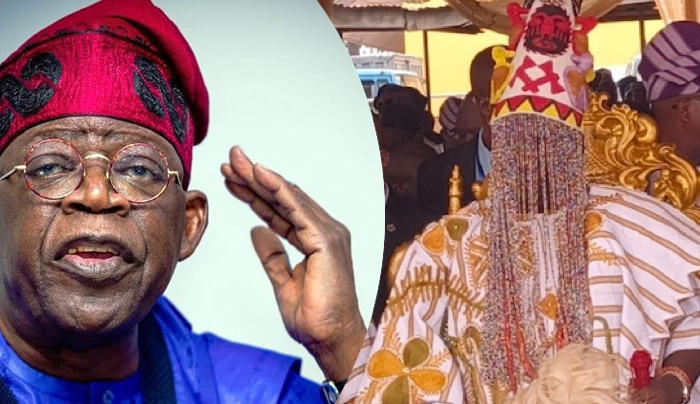In a resounding victory, President Vladimir Putin clinched a record post-Soviet landslide in Russia’s election on Sunday, further tightening his hold on power.
Putin’s triumph, marked by an overwhelming 87.8% of the vote according to an exit poll by the Public Opinion Foundation (FOM), sends a clear message of Moscow’s assertiveness on the global stage, particularly in its stance against the West and its involvement in Ukraine.
The election outcome paves the way for Putin, 71, to embark on an unprecedented six-year term, surpassing Josef Stalin to become Russia’s longest-serving leader in over two centuries if he completes his tenure.
In his victory speech delivered in Moscow, Putin emphasized prioritizing tasks associated with what he termed Russia’s “special military operation” in Ukraine, pledging to bolster the Russian military.
Putin said, “We have many tasks ahead. But when we are consolidated – no matter who wants to intimidate us, suppress us – nobody has ever succeeded in history, they have not succeeded now, and they will not succeed ever in the future.”
He highlighted the significance of unity in the face of external pressures, asserting that history has shown that attempts to intimidate or suppress Russia have always failed.
However, criticism abounds regarding the election’s fairness, with the United States, Germany, the United Kingdom, and other nations citing concerns over the imprisonment of political opponents and censorship.
Despite this, Putin dismissed allegations of electoral impropriety, insisting that the election was democratic and unaffected by protests inspired by the late opposition leader Alexei Navalny.
In his first comments on his death, he also said that Navalny’s passing had been a “sad event” and confirmed that he had been ready to do a prisoner swap involving the opposition politician.
Navalny’s recent death has left the opposition movement reeling, depriving it of its most influential figure, while other key opposition figures remain abroad, in jail, or deceased.
When Putin was asked if his re-election was democratic, he criticised the U.S. political and judicial systems saying, “The whole world is laughing at what is happening (in the United States). This is just a disaster, not a democracy.”
“…Is it democratic to use administrative resources to attack one of the candidates for the presidency of the United States, using the judiciary among other things?” he asked, making an apparent reference to four criminal cases against Republican candidate Donald Trump.
Meanwhile, tensions persist between Russia and Ukraine, with Putin framing the conflict as a struggle against Western encroachment on Moscow’s sphere of influence. Amidst ongoing military operations, Putin hinted at the possibility of creating a buffer zone within Ukraine to thwart future attacks.
The election’s timing coincides with a critical juncture in the Ukraine conflict, with Western powers grappling with domestic political dynamics ahead of upcoming elections. While Ukraine managed to regain territory following the 2022 invasion, recent gains by Russian forces underscore the volatile nature of the situation.
Ozioma Samuel-Ugwuezi
Follow us on:

















